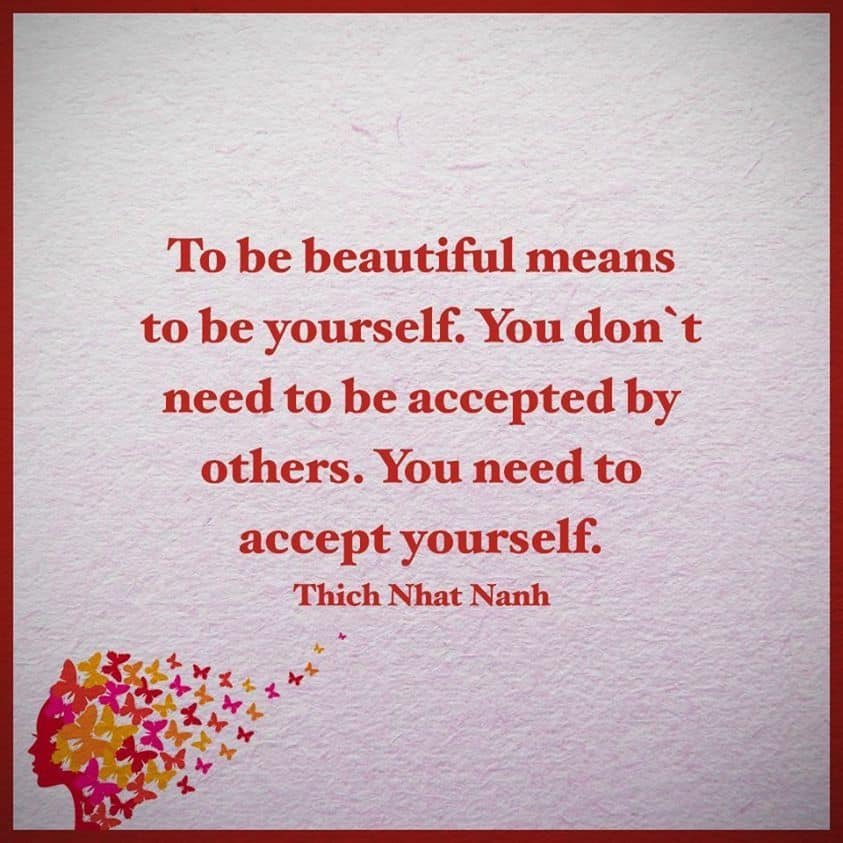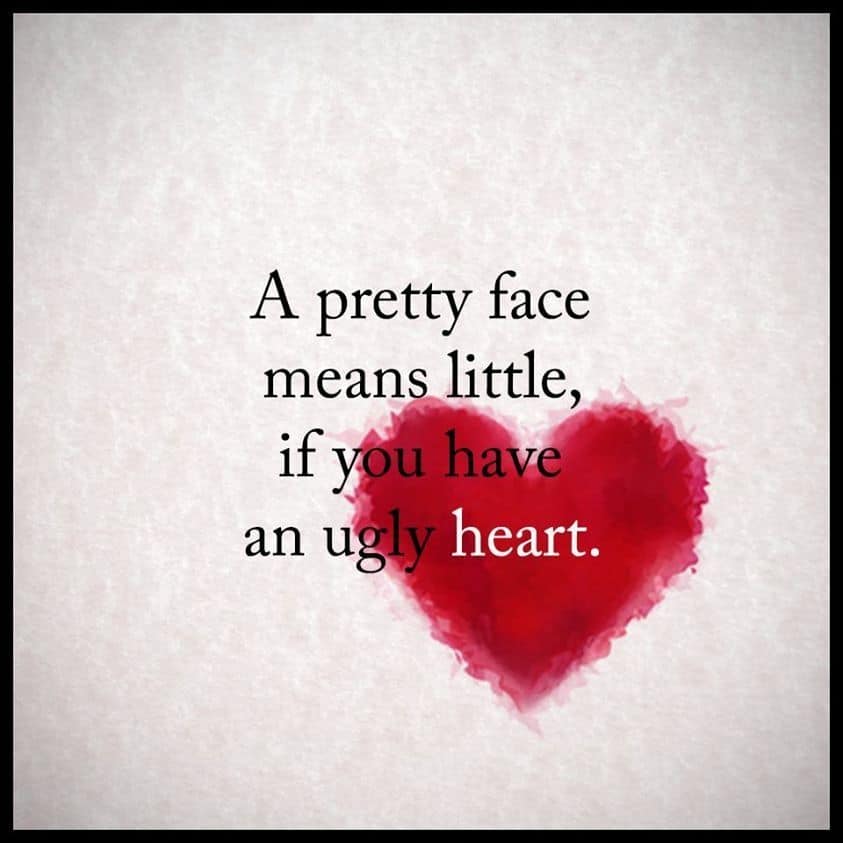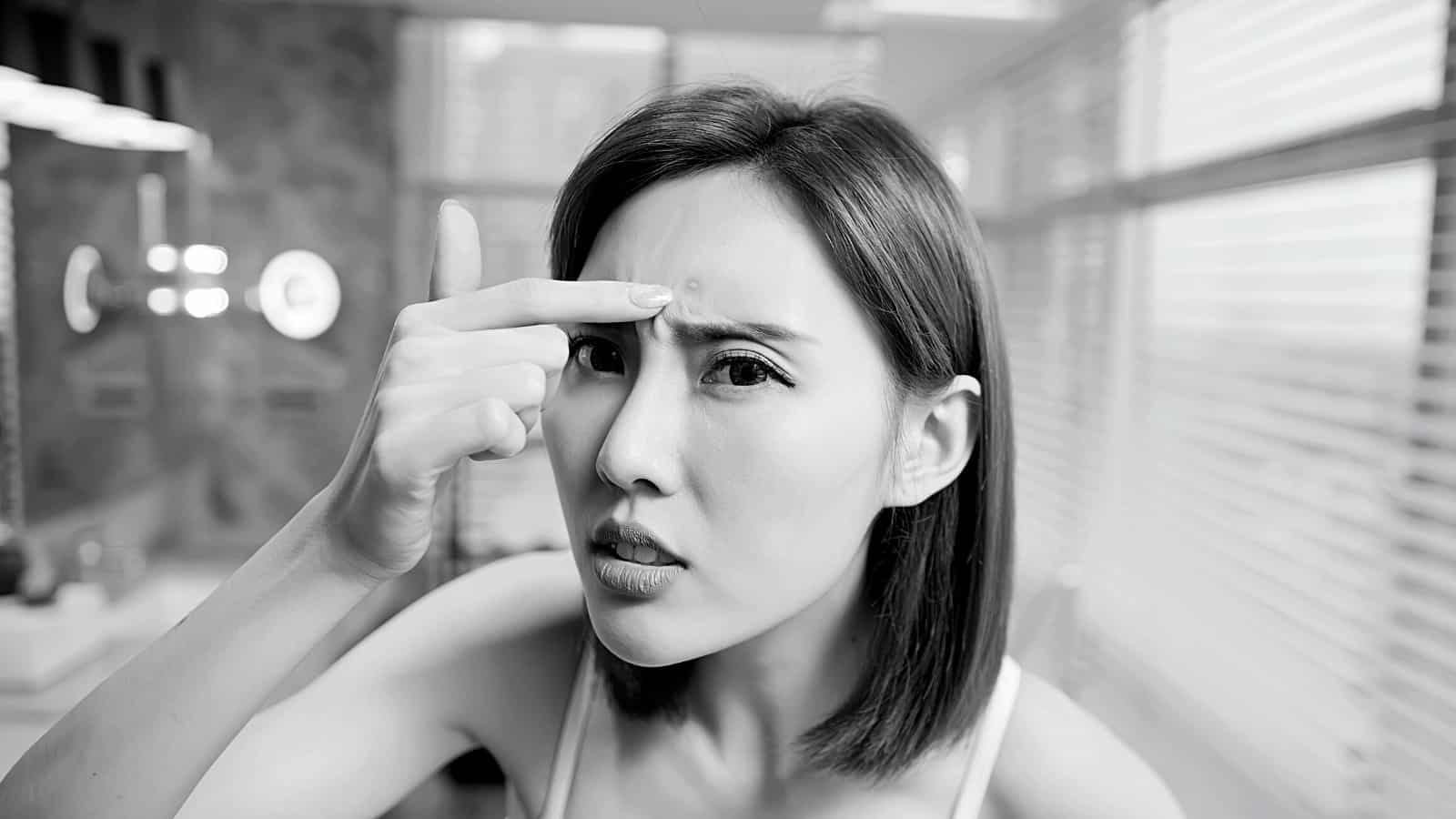Zits. Pimples. Bumps. Whatever you call it, acne is embarrassing. You may have tried cleansers, creams, and prescription medications without success. But there’s still hope because researchers say essential oils can fight acne better than some antibiotics.
What is acne?
Acne is a skin condition that occurs when your hair follicles get clogged with oils and dead skin cells. It causes blackheads and pus-filled pimples, and reddish tender bumpy areas on your face. Studies show it’s the 2nd most common skin disease in the world. It affects both men and women, starting in adolescence to young adults up to 30 years old. If it’s severe enough, acne can cause depression and feelings of social isolation.
 Although there are many over-the-counter treatments, doctors typically prescribe antibiotics for acne. Unfortunately, the two major types of acne bacteria, Staphylococcus epidermidis and Propionibacterium acne, are antibiotic-resistant.
Although there are many over-the-counter treatments, doctors typically prescribe antibiotics for acne. Unfortunately, the two major types of acne bacteria, Staphylococcus epidermidis and Propionibacterium acne, are antibiotic-resistant.
Essential oils to fight acne
Since antibiotics are less effective in treating acne, essential oils have become a popular, effective alternative treatment for acne. Essential oils are extracted from certain parts of a plant using pressure or steam to get the plant’s natural essence. They’re made into food flavorings, medicines, aromatherapy, and perfumes.
One study on essential oils that may fight acne
Due to a growing problem of antibiotic resistance in acne treatment, researchers wanted to find something that could kill acne and stop its growth. They conducted a study to find an essential oil formula that could best fight acne and stop its growth. They decided to use several essential oils known for their anti-bacterial properties. The most effective antimicrobial essential oil observed in this study included:
- Tea tree oil
- Lemongrass
- Oregano oil
- Thyme oil
The test results showed three essential oils, tea tree, thyme, and oregano oils, were somewhat effective against both Staphylococcus epidermidis and Propionibacterium acnes bacteria. At the end of this study, oregano and thyme oil showed the strongest antibacterial ability against acne, with tree oil having some moderate effects. Oregano oil was the most effective essential oil to reduce the number of Staphylococcus epidermidis and Propionibacterium acnes in only four hours after applying it. So, oregano oil beat out the other essential oils for its anti-acne ability to quickly stop acne’s bacterial growth.
Acne-fighting recipes
It’s no secret that doctors are beginning to understand the significance of essential oils for medical purposes. Essential oils are a safe and effective way to fight a variety of health problems. Besides oregano oil, there are other well-known acne-fighting essential oils.
Frankincense acne- fighting recipe
Frankincense essential oil is known for its astringent properties. It’s quick to dry out pimples, but because it can be too drying to your skin, you should mix it with a carrier oil. A carrier oil is usually taken from nuts or seeds that moisturize and keep the essential oil from evaporating too quickly.
Ingredients:
- Frankincense essential oil-12 drops
- Vitamin E oil-6-10 drops.
- Jojoba oil- 4Tablespoons
- Lemon oil-5 drops
- Tea tree oil-5 drops
Directions:
Mix the oils and store in a dark bottle. Use a dropper to put several drops of the oil on your face twice a day.
 Oregano oil acne fighting recipe
Oregano oil acne fighting recipe
It’s known for its ability to get rid of acne, but oregano oil can be drying and even cause burns if not diluted properly. A good rule of thumb is 1% to 2% of oregano oil to carrier oil.
Ingredients:
- Oregano-2 drops
- Jojoba oil-3 drops
- Vitamin E oil-3 drops.
Directions:
Apply to the problem area of your skin once a day.
What if you have oily skin?
Some people with oily skin don’t like to use carrier oils. If this is you, you can also use water to dilute the oregano oil or whatever essential oil you choose. Add a few drops of oregano oil to ¼ to ½ glass of water. Using a cotton ball, dab the mixture on the problem areas of your face.
How do you choose good quality essential oils?
Distilled from plants, essential oils have chemical compounds from plants. It can take hundreds to thousands of flowers to process one bottle of real essential oil. There are so many brands of essential oils. How do you know you’re getting a real quality essential oil or a fake imitation?
Here are several key things to look for when purchasing an essential oil.
- Avoid cheap fragrance oils: These oils are synthetically made. They don’t have natural plant compounds. They’re less expensive than essential oils because they’re basically artificially made.
- Read the label: Essential oils should have the word “pure oil” written on the label. The label will also have the Latin name for the plant it’s derived from. Essential oils usually smell very potent. If you can smell any alcohol or it smells more like a kitchen cleaner, it’s probably not real. Also, if you see the words “Therapeutic grade” on the bottle of oil, it’s probably fake. This isn’t a term used by the FDA or other agencies. It’s a made-up term to try to fool you into thinking the oil is pure.
- Cost: Even though you always want a good deal, when it comes to buying essential oils, don’t skimp. It’s expensive to process essential oils. If the oil is low cost, good chance, it’s also low quality.
History of essential oils
The ancient Egyptians first used essential oils. They cultivated plants for oils, using them for religious ceremonies, cosmetics, and medicine.
The Egyptians used an extraction process to distill the plant essence and animal fat as a carrier oil. The pots they used for distillation purposes have been dug and recorded as far back as 3500 BC.
During that same time period, India and China were also using herbs and plants for medicine. The Romans and Greeks quickly adopted essential oils.
The Greeks were known to use many essential oils, including:
- Thyme
- Saffron
- Marjoram
- Cumin
- Peppermint
Hippocrates probably used these essential oils to treat his patients. Essential oils were also used in aromatic baths and for massage. The use of essential oils dropped off during the dark ages, but with the dawning of the Renaissance, the use of aromatherapy returned. Essential oils began to be used once again for medicine. During the time period, a doctor named Paracelsus reported he’d found a plant extract that could cure leprosy, very infectious disease at that time. It’s unknown if he really did cure this disease, but his experimentation with plants is legendary.
The word “aromatherapy” was invented by a French chemist Rene Maurice Gattefosse. He became a believer in natural healing with plants and herbs when he burnt his hand during an experiment and treated it with the only thing he had nearby: a lavender oil bottle. The oil helped reduce the pain and healed his hand without scarring. He prescribed essential oils to his patients, finding that even small amounts could be absorbed well. During World War II, doctors used lavender oils for treating burned soldiers.
In the late 1970s and 80s, natural medicine and essential oils became popular again. Many people today want to do away with harmful chemicals that affect the environment, so they’re turning to essential oils. Using essential oils taken from plants has grown in popularity in the last decade, with many reputable essential oil companies cropping up.
Fun facts about essential oils
Essential oils have been around for centuries. Today, scientists are beginning to discover the amazing benefits of these plant oils. Here are some surprising ways you can use essential oils.
Lemon oil
This citrus oil is used to treat warts and corns. It acts as a bactericide for small cuts and wounds.
Frankincense
This oil was used in Biblical times and historically given as a gift to Jesus at birth. It’s got anti-bacterial properties. It’s been used to treat rashes and skin inflammations. Some use it to help them focus and think more clearly.
Cinnamon leaf oil
You can also enjoy this as a foot soak to kill nail fungus or as a shampoo for a healthier scalp.
Grapefruit oil
Use this one much like lemon oil. It acts as a mild antiseptic.
Tea tree oil
It has healing properties. You can use this essential oil to help fight acne, reduce dandruff, and decrease nail infections. It’s in many skin products, and some people say they take a couple of drops diluted in water for a sore throat.
Eucalyptus oil
This potent essential oil has anti-bacterial properties. It’s got a distinct odor that improves your breathing and reduces congestion. Eucalyptus oil can be used in a vaporizer to help you breathe easier.
 Final thoughts on finding the best essential oils to fight acne
Final thoughts on finding the best essential oils to fight acne
Acne is a distressing skin condition that can take a toll on your life. It can feel like an uphill battle to get rid of the red pimples on your face. There is a wide assortment of creams, lotions, and topical ointments for acne, but many of them don’t work or work only for a while. Of course, antibiotics may work, but some acne bacteria have become drug-resistant. Fortunately, you know now how certain essential oils effectively kill the two most common types of acne bacteria. There are many acne-fighting essential oil recipes worth trying. Just be sure to purchase good quality essential oils and mix them with a carrier oil before using them topically.



















